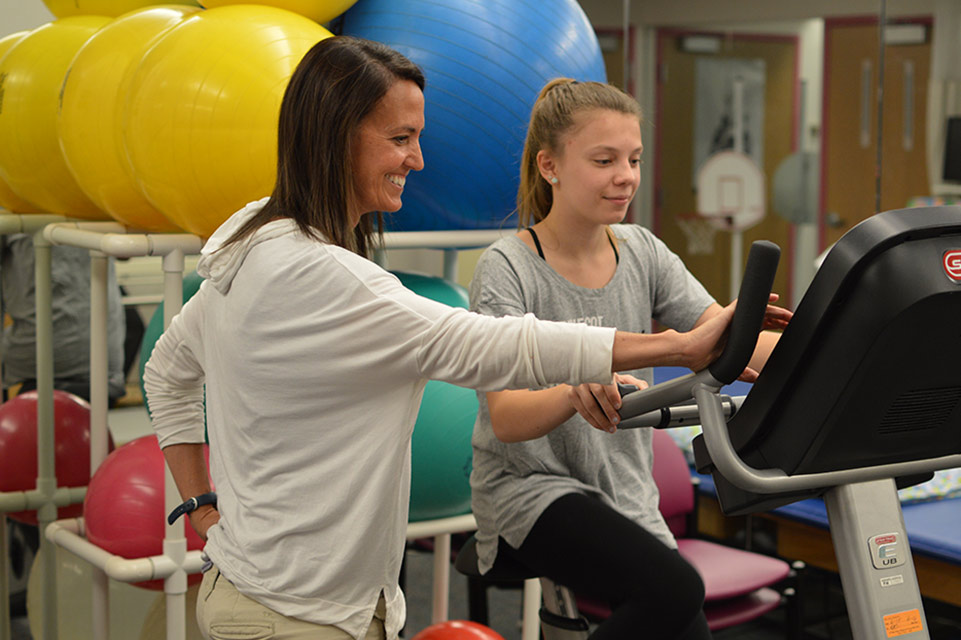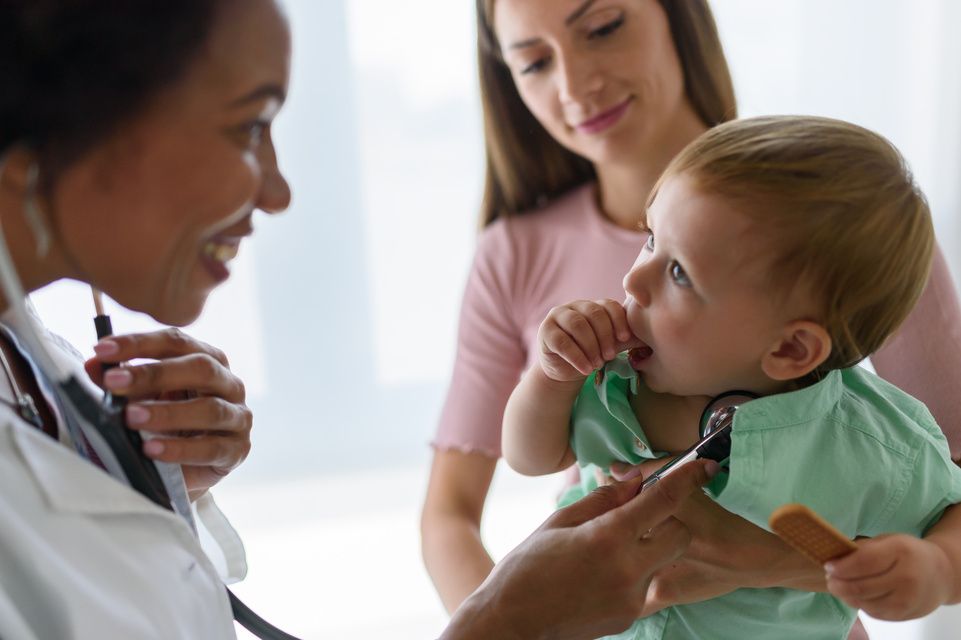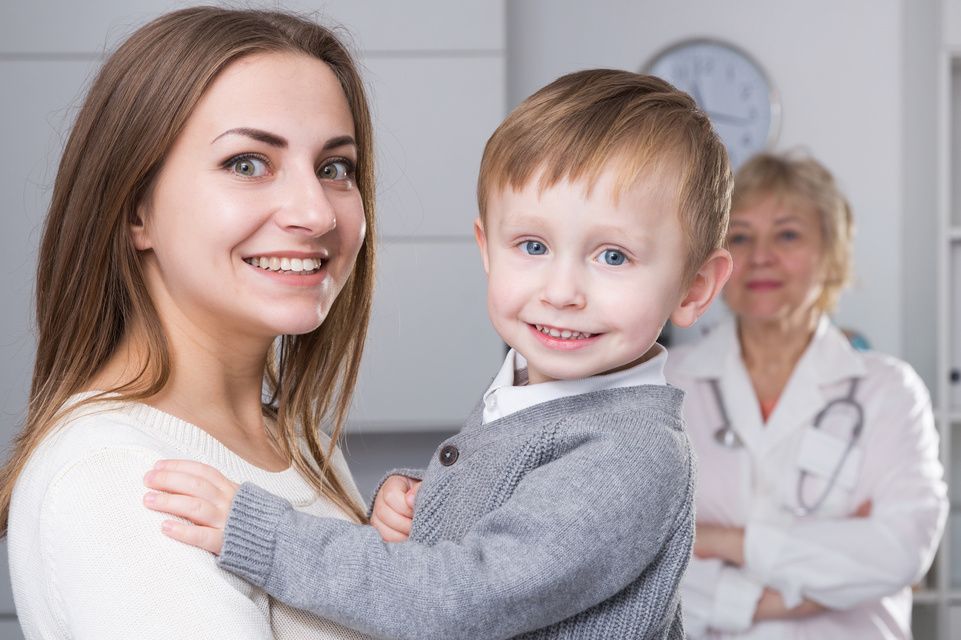-
Condition
Clinodactyly
Clinodactyly is an abnormally bent or curved finger that may overlap with other fingers. Treatment varies and in most cases, the condition does not cause pain or interfere with other basic hand abilities.
-
Condition
Crohn's Disease
https://shriners-production-cd.azurewebsites.net/en/Pediatric-Care/Crohns-DiseaseAt Shriners Children's, we provide specialized care for children with Crohn's disease and other colorectal and gastrointestinal (GI) health problems.
-
Condition
Meniscal Tears
Meniscal tears are among the most common knee injuries, that usually occur after a sudden twisting of the knee. Our physicians can assess your child's injury and determine if requires surgical repair and/or rehabilitation.
-
Condition
Missing Thumb / Missing Fingers
Missing thumb / fingers is the most common hand disorder treated at Shriners Children’s. Typically only one hand is affected. Other symptoms may include webbed fingers or a short hand or forearm.
-
Condition
Williams Syndrome
Williams Syndrome is a genetic condition that can result in weak joints or muscles, learning delays and possible heart issues, with a need for ongoing care. Shriners Children’s can develop a plan to treat the related conditions.
-
Condition
Cervical Instability
Cervical instability can be present at birth or caused by trauma and occurs when the neck is unable to support the head and is painful to move. Shriners Children’s orthopedic team can assist with a number of treatment therapies.
-
Condition
Klippel-Feil Syndrome
Klippel-Feil syndrome occurs when bones in the neck abnormally fuse together before birth. Signs include a short neck, a low hairline at the back of the head or limited ability to turn the neck.
-
Condition
Metatarsal Adductus
Metatarsal adductus is a condition in which a child’s forefoot curves inward and may be turned slightly under. It can often resolve itself without intervention. However, in more severe cases, casting or surgery may be necessary.
-
Condition
Neurogenic Bladder
https://shriners-production-cd.azurewebsites.net/en/Pediatric-Care/Neurogenic-BladderAt Shriners Children's, we provide specialized care for children with neurogenic bladder and other colorectal and gastrointestinal (GI) health problems.
-
Condition
Osteochondritis Dissecans
Osteochondritis dissecans (OCD) occurs when a small area of bone and/or cartilage from a joint gets damaged. It is commonly found in the knee joint, but can also occur in other joints. Shriners Children’s provides personalized care plans.
Patient Information
Providers & Research
I Want to Find










